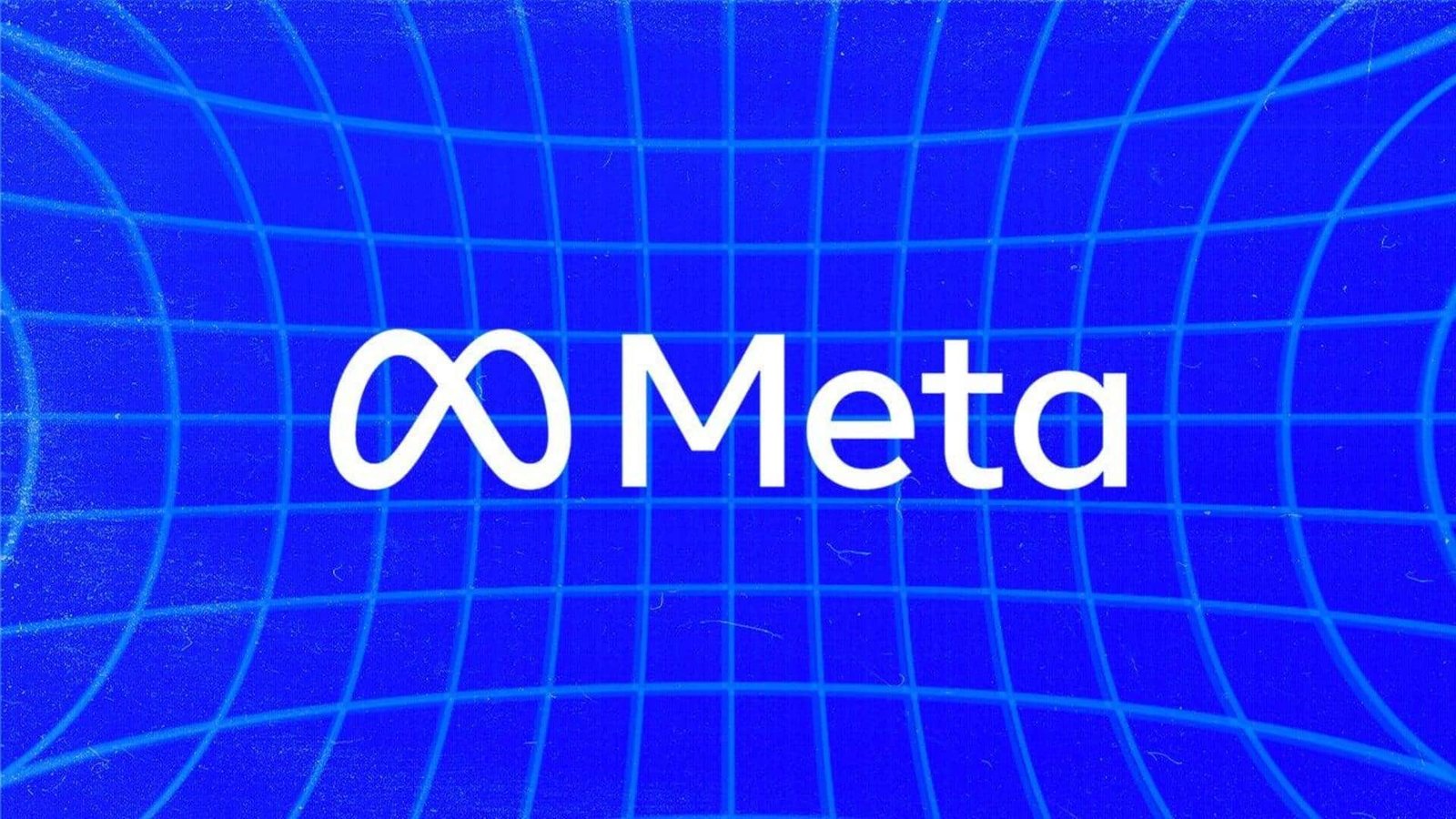Meta, the tech giant formerly known as Facebook, has released a series of enhanced artificial intelligence models that mark significant advancements in AI-driven code generation and general text generation capabilities. The introduction of these models underscores Meta’s commitment to leading the charge in AI development, which could have profound implications across various sectors including technology, creative industries, and everyday applications.
Code Llama: A New Frontier in AI-Powered Coding
One of the standout innovations from Meta is the Code Llama series, which represents a leap forward in the realm of AI-generated code. The flagship model, Code Llama 70B, has been fine-tuned to handle complex coding tasks and debug extensive codebases efficiently. This model stands out for its ability to understand and generate code from natural language prompts, covering a wide array of programming languages like Python, Java, and more. With Code Llama, developers can expect an AI companion that not only suggests code but also explains it, potentially transforming the workflow for software development by reducing manual coding hours and enhancing code quality.
Llama 2: Broadening the Scope of Text Generation
Parallel to Code Llama, Meta has introduced Llama 2, an evolved version of its previous text-generating models. This model has been designed to be more helpful, safe, and customizable than its predecessors. Llama 2 and its variants, including Llama 2-Chat which is optimized for conversational AI, show promise in general text generation. They offer capabilities that could rival and, in some instances, surpass existing models like GPT-4 in specific benchmarks, especially in terms of user engagement and safety protocols.
Meta’s Open-Source Strategy: Fostering Innovation and Security
In a strategic move, Meta has opted to make these powerful AI models open source. This approach not only accelerates innovation by allowing developers worldwide to contribute to and improve the models but also enhances security. By making the AI models publicly available, Meta encourages a broader scrutiny of the models’ capabilities and vulnerabilities, which is essential in mitigating risks associated with AI deployment.
Ensuring Responsible Development
Meta is not new to the challenges of AI ethics and safety. Learning from past experiences with models like Galactica, the company has implemented rigorous safety and bias mitigation strategies in the development of their latest models. These efforts are designed to ensure that the AI systems perform reliably and ethically in a diverse range of scenarios, further solidifying Meta’s commitment to responsible AI development.
Meta AI: Integrating AI Across Platforms
Meta AI also extends its utility beyond professional use into everyday applications through its integration across Meta’s family of apps. This AI can assist users in information retrieval, creative projects, and social connectivity, making it a versatile tool for a wide demographic.
Meta’s latest AI releases represent a pivotal step in AI technology, with potential impacts stretching far beyond their initial applications. By pushing the boundaries of what AI can do, especially in coding and text generation, Meta is positioning itself as a pivotal player in the AI landscape, aiming to democratize advanced technological tools and foster a global community of innovators.









